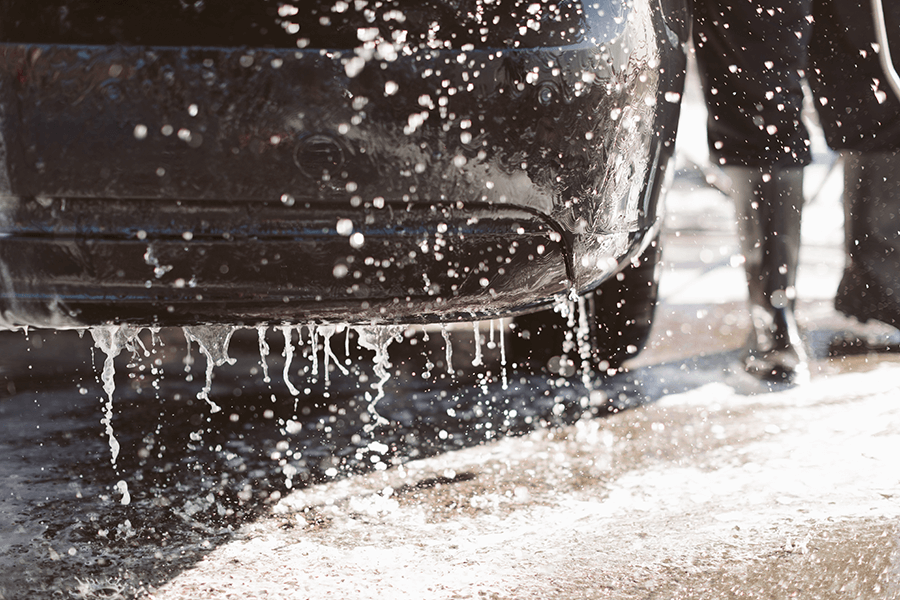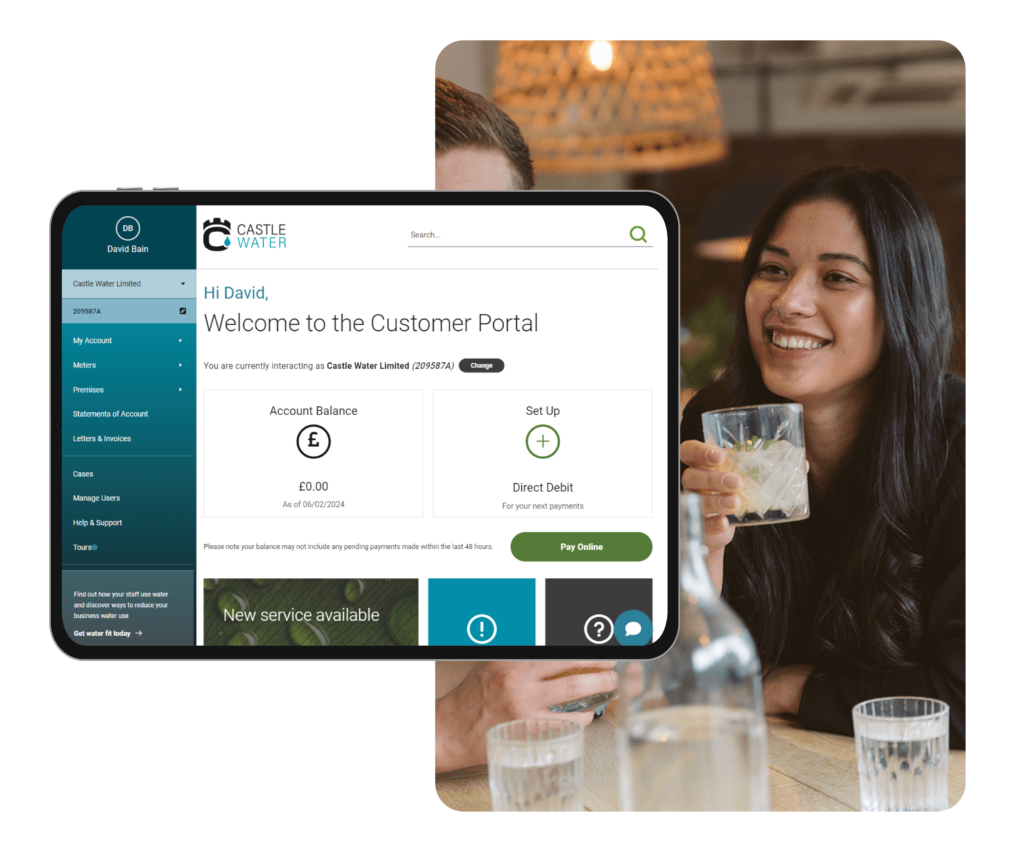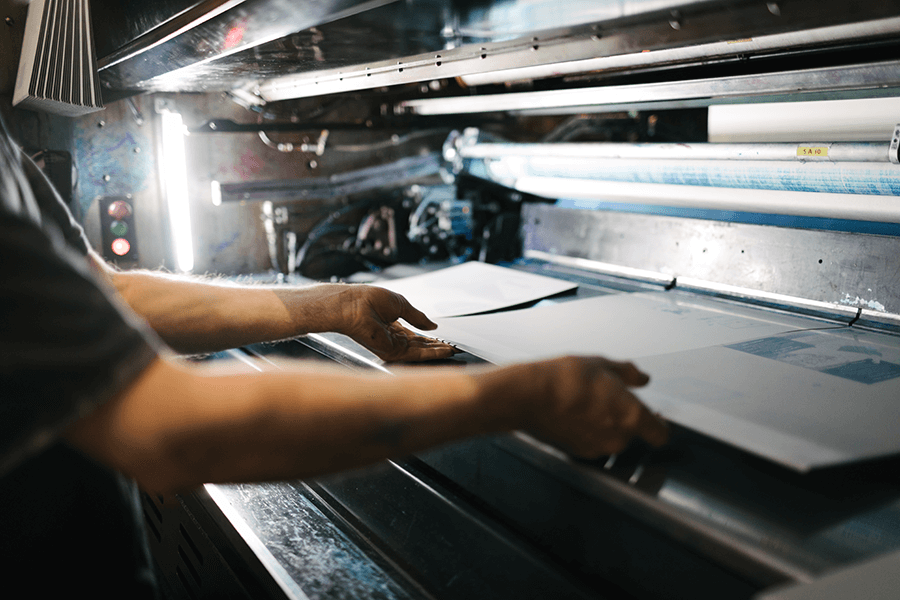Trade effluent consent is a vital part of wider legislation which protects the environment. It’s illegal to discharge trade effluent without consent and doing so carries the risk of prosecution and fines. If you think you’re being overcharged for your business water, or under-served in your trade effluent needs email trade.effluent@castlewater.co.uk or call 01250 718718 to speak to one of our experts.
Our expertise and market leading technology combine to make the process simple for you.
Full-service support for correct consents and licenses and the application process.
Consistently reliable, hassle-free bills from our market-leading billing platform.
Support and data reporting to help sustainability and environmental targets.
When it comes to high volumes of water, wastewater and trade effluent, you need a team on your side that can cut through the noise, provide no-nonsense expert advice and guidance, and fight in your corner through any supply disruptions or Wholesaler disputes.
Trade effluent requirements can be complex and confusing, and businesses can quickly find themselves in hot water. Discharging trade effluent without consent is illegal and may lead to prosecution and fines.
Castle Water has the resource and expertise you need, and we make the process simple for you. Email trade.effluent@castlewater.co.uk or call 01250 718718 to speak to one of our experts.

Unlike other retailers, we have a dedicated trade effluent team ready to support you. We have the experience and technology required to understand trade effluent like no one else, all while keeping it easy for your business.


To consolidate their portfolio with one retailer that can provide optimum services and solutions, and fix billing problems caused by previous market errors. Castle Water prioritised a data cleanse of SUEZ’s entire portfolio to rectify the inherited market errors and ensure accurate billing. To cater to SUEZ’s multi-site needs, Castle Water implemented its consolidated billing solution to simplify billing and improve cost management.
SUEZ now has confidence in its water, wastewater, and trade effluent charges. Julie Swanepoel, Procurement Officer at SUEZ, said: “Castle Water continue to provide exceptional service and support. Consolidating all our sites with Castle Water has generated real efficiencies and cost savings, and they deliver vital support in the management of our business water across the UK. Their additional water services and water efficiency measures offer added value and environmental benefits and highlight our aligned sustainability values.”
This includes any wastewater produced from washing or cooling activities, as well as process production waste determined to be appropriate for disposal via the sewer network. Trade effluent does not include waste that is classed as regular sewerage – waste water from kitchens, bathrooms and toilets; therefore, most hotels, restaurants, cafes, pubs, and hairdressers would not require a trade effluent consent.
Typical business types that do require a consent include car washes, launderettes and dry cleaners, transport depots, breweries, dairies and commercial swimming pools. Trade effluent and Greywater recycling customers can be large or small businesses. A trade effluent consent does not permit discharge of potentially hazardous chemicals to the sewer – businesses must ensure waste of this nature is disposed of responsibly via a specialist waste contractor.
If your business needs trade effluent consent, the easiest way to apply is by logging in to the customer portal.
We're the only retailer taking all possible steps to resolve customer problems resulting from wholesaler data errors, and no other retailer is doing so
Unlike other retailers, Castle Water has the expertise and resource required to raise and go through the process for a trading dispute on our customers behalf
Businesses producing significant amounts of trade effluent must consider their water retailer’s ability to provide as much expertise and support as possible.
We serve multiple sectors which require tailored trade effluent and wastewater management services.
From mining to engineering, we will ensure that your trade effluent is effectively disposed of and goes through the proper wastewater treatment, to ensure compliance.
Our team will do this while ensuring that your bills are as low as possible, through our network of brokers and wholesalers.
Unlike domestic sewerage, trade effluent is highly variable in terms of volume and contamination strength. It is therefore necessary to regulate this wastewater to ensure the sewerage network can adequately handle and treat the waste. This is to protect the health and safety of staff and to protect the environment.
To regulate trade effluent, businesses are provided with a licence, or discharge consent. The licence defines the nature of the allowable discharge and establishes any restrictions. Samples of the trade effluent discharge are taken regularly to ensure the customer is complying with the terms of their consent.
It is a criminal offence to discharge trade effluent waste without a consent.
Unlike sewerage, trade effluent charges relate to the contamination strength. Further information on these rates can be found in our Scheme of Charges. Many customers will find their trade effluent rate to be lower than their sewerage rate.
In addition, there are fixed fees for consent applications, and any additional waste sampling requested by the customer.
The volumetric rate (£ / m3) is calculated according to the Mogden formula. This says that the overall charge is the sum of rate components corresponding to different parts of the effluent treatment process. These are:
Primary treatment and reception and convoy are independent of the amount of contamination, and the other charges are proportional to the concentration of contaminants. Trade effluent goes through the same treatment processes as sewerage, and subsequently the sewerage rate includes these same charge components, but on a non-variable basis.
Yes. Short term consents can be issued for activities such as construction; charges for effluent discharge will be issued in advance.
Most waste volumes are determined from the metered potable water. Allowances may be subtracted to account for water not returning to the sewer, as well as allowing for sewerage waste.
Some customers may choose to install a waste meter to measure the volume directly. Without metered volumes the wholesaler will provide an estimated annual volume based on the business activities.
If regular meter readings are not being submitted, customers may be billed on a scheduled basis.
Invoicing will be based on estimates determined by the last actual meter readings.
Submitting regular meter readings allows us to invoice more accurately. Trade effluent invoices are issued in arrears, so we require regular meter readings for all meters to invoice on a read-to-read basis. Meter readings can be submitted to TEConsents@castlewater.co.uk.
Tariffs are split into several different ‘bands’ corresponding to the annual chargeable volume that the tariff applies to. The wholesaler determines which tariff applies for each water services component.
The process where bacteria breakdown biodegradable substances such as soaps, detergents and soluble foodstuffs
The separation of suspended solid material using filters and settling tanks
The contamination of the waste at the discharge point
The oxygen required to support the bacteria in biological treatment.
The amount of solid material suspended in the effluent.
The reduction of chargeable trade effluent volume corresponding to the chargeable sewerage volume
The reduction of trade effluent corresponding to water that does not return to the sewer (due to evaporation/irrigation/use in company products)
A meter installed to record consumption of water not obtained from mains supply, e.g. borehole aquifer